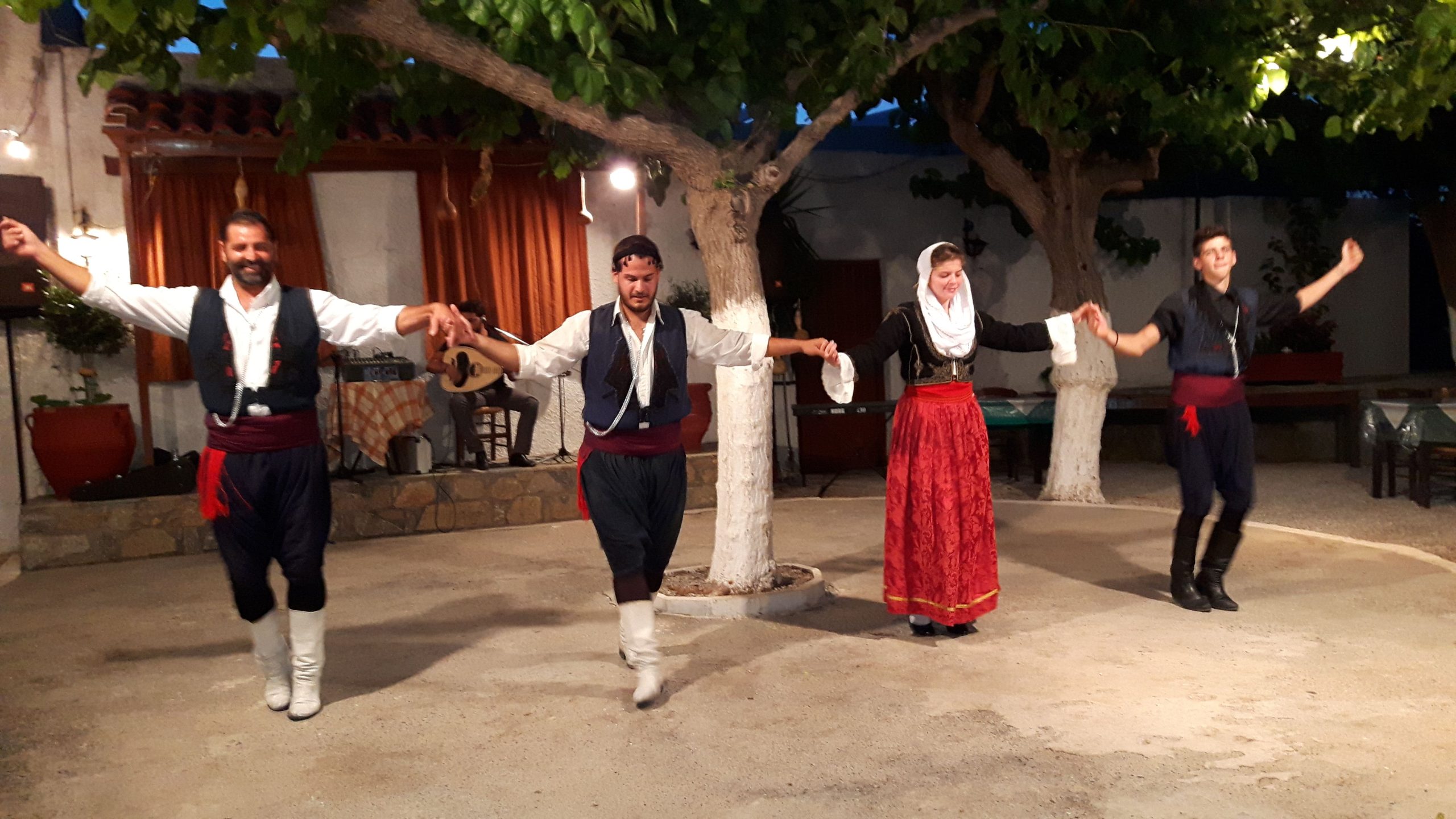Crete, the largest of the Greek islands, is a land steeped in history, rich in traditions, and vibrant with celebrations that showcase its unique cultural heritage. From ancient rites to contemporary festivities, the island’s cultural tapestry is woven with numerous festivals and traditions that offer a glimpse into the soul of Crete. This article explores some of the most significant festivals, traditions, and celebrations that define Cretan culture.
The Spirit of Cretan Festivals
Cretan festivals, or “panigyria,” are integral to the island’s cultural identity. These events are often tied to religious observances, seasonal cycles, and historical commemorations, reflecting a deep connection to both faith and heritage.
Religious Festivals
Easter (Pascha)
Easter is the most important religious celebration in Crete, marked by a series of solemn and joyous events. The Holy Week leading up to Easter Sunday is filled with processions, church services, and traditional rituals. On Good Friday, processions take place with the epitaphios (a decorated bier) symbolizing the burial of Christ. Easter Sunday is a day of feasting, featuring roasted lamb, dyed red eggs, and a special sweet bread called “tsoureki.” The atmosphere is one of joy and renewal, bringing together families and communities.
The Feast of the Assumption (Dekapentavgoustos)
Celebrated on August 15th, the Feast of the Assumption honors the Virgin Mary. This day is marked by vibrant festivities across the island, with the most notable celebrations held at the Panagia Kera Church in Kritsa and the Panagia Faneromeni Monastery near Sitia. Pilgrims and locals gather for liturgical services, followed by communal feasts, music, and dancing.
Cultural and Historical Festivals
Rethymno Carnival
One of the largest and most colorful events in Crete is the Rethymno Carnival, held in the weeks leading up to Lent. This carnival, with its origins in the Renaissance, features parades, masquerade balls, and various cultural events. The highlight is the grand parade with elaborate floats, costumes, and lively music, attracting participants from all over Greece.
Kazantzakis Festival
Dedicated to the renowned Cretan writer Nikos Kazantzakis, this festival celebrates his literary legacy with readings, theatrical performances, and exhibitions. Held in the village of Myrtia, Kazantzakis’s birthplace, the festival draws literature enthusiasts and scholars who delve into his works and their impact on Greek literature and culture.
Battle of Crete Commemoration
Each May, Crete commemorates the Battle of Crete, a significant event during World War II. The island hosts memorial services, historical reenactments, and educational programs to honor those who fought and died in the battle. The main events take place in Chania and Heraklion, where veterans, historians, and locals gather to remember the island’s wartime history.
Traditional Cretan Celebrations
Shepherd’s Festival (Giorti ton Voskon)
Reflecting Crete’s pastoral heritage, the Shepherd’s Festival is held in various mountain villages such as Anogeia and Zoniana. This celebration pays homage to the shepherds and their vital role in Cretan life. Visitors can witness sheep shearing, milking, and traditional cheese-making demonstrations. The festival also features folk music, dancing, and the sharing of local delicacies.
Grape Harvest Festival
Celebrated in September, the Grape Harvest Festival marks the end of the grape-picking season. Villages such as Archanes and Sitia host events where locals and visitors can participate in grape stomping, wine tasting, and learning about the island’s viticulture. This festival is a joyful celebration of Crete’s winemaking tradition, accompanied by music and dance.
Seasonal Celebrations
Christmas (Christougenna)
Christmas in Crete is a blend of religious observance and festive cheer. The season begins on December 6th with the feast of St. Nicholas and culminates on January 6th with the Epiphany. Traditional customs include the baking of “kourabiedes” and “melomakarona” (Christmas cookies), decorating boats instead of trees, and the “kalikantzari” folklore about mischievous goblins. Midnight Mass on Christmas Eve and the Blessing of the Waters ceremony on Epiphany Day are key religious observances.
Spring Equinox Celebrations
Marking the beginning of spring, equinox celebrations in Crete are tied to ancient Minoan traditions. Villages like Gournia host events that include reenactments of Minoan rituals, traditional music, and dances. These celebrations reflect the island’s connection to its ancient past and the continuity of its cultural heritage.
Conclusion
Crete’s festivals, traditions, and celebrations are a testament to the island’s rich cultural heritage and enduring spirit. Whether rooted in religious observance, historical commemoration, or seasonal cycles, these events offer a unique window into the heart of Cretan life. For residents and visitors alike, participating in these celebrations provides a deeper understanding and appreciation of the island’s vibrant culture. From the solemnity of Easter to the exuberance of the Rethymno Carnival, each festival is an invitation to experience the warmth, hospitality, and joy that define Crete and its people.


